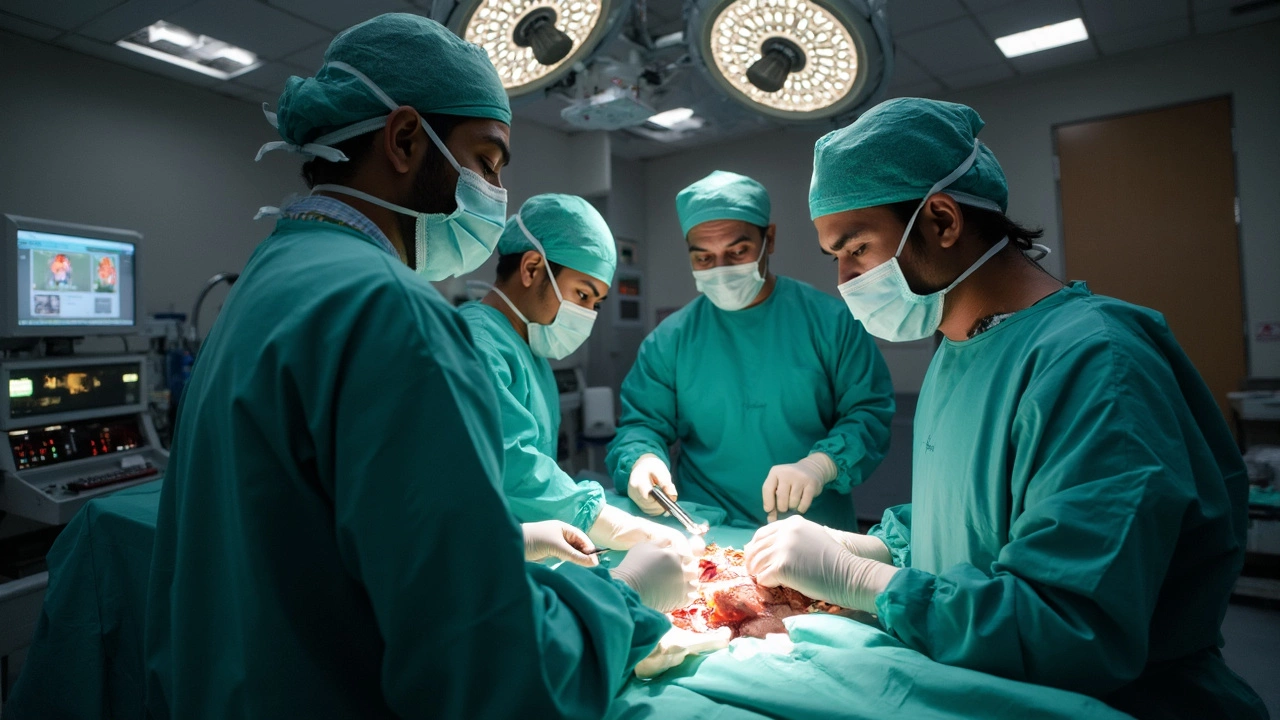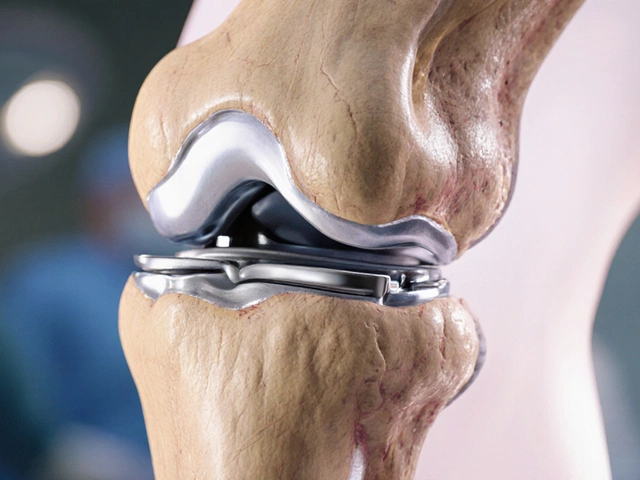Complex Cardiac Surgery: What You Need to Know
If a doctor says you need a complex cardiac surgery, the words can feel overwhelming. In simple terms, these are heart operations that go beyond a standard bypass or valve fix. They often involve multiple steps, special equipment, or a combination of procedures performed in one session. Knowing what’s involved helps you ask the right questions and feel more in control.
Types of Complex Heart Operations
Not every heart surgery is the same. Some of the most common complex procedures include:
- Combined valve and artery bypass surgery: Replaces a faulty valve while the surgeon reroutes blood around blocked arteries.
- Heart transplant or ventricular assist device (VAD) implantation: Used when the heart can’t pump enough blood on its own.
- Aortic arch repair: Fixes a tear or narrowing in the main artery leaving the heart, often requiring a cooling machine.
- Congenital defect corrections: Repairs heart abnormalities present from birth, sometimes in adults.
Each of these surgeries demands a skilled cardiothoracic team, a high‑tech operating room, and a post‑op care unit that can handle intensive monitoring.
Preparing for Surgery and Recovery
Good preparation can cut down complications. Start by gathering all your medical records, especially any recent scans or lab results. Talk to your surgeon about the exact steps, expected length of the operation, and any special devices that will stay in your body.
Ask about the hospital’s success rates for the specific procedure you’ll have. A centre with a high volume of the same surgery often has better outcomes. Also, check if the facility offers a cardiac rehab program; these programs guide you through safe exercise, nutrition, and lifestyle changes after you leave the hospital.
Recovery varies by procedure. A combined valve‑bypass might keep you in the ICU for 2–3 days, followed by a week on a regular floor. A heart transplant can mean a 2‑week intensive stay, then several weeks of home care with strict medication schedules. In all cases, expect to feel tired for weeks, have some chest discomfort, and need to limit heavy lifting.
Here are three practical tips to smooth the healing process:
- Follow the medication plan exactly. Missing a dose of blood‑thinners or immunosuppressants can undo weeks of work.
- Start gentle movement early. Simple breathing exercises and short walks reduce lung problems and improve circulation.
- Watch your diet. Low‑salt, protein‑rich meals support healing without stressing the heart.
Don’t hesitate to call your care team if you notice fever, increasing swelling, or unusual pain. Early intervention prevents many readmissions.
Complex cardiac surgery is a major step, but with the right information and a supportive medical team, the journey becomes manageable. Keep a notebook of questions, stay proactive about your health, and lean on family or friends for extra help during recovery. Your heart may need a big fix, but the rest of your life can get back on track faster than you think.





